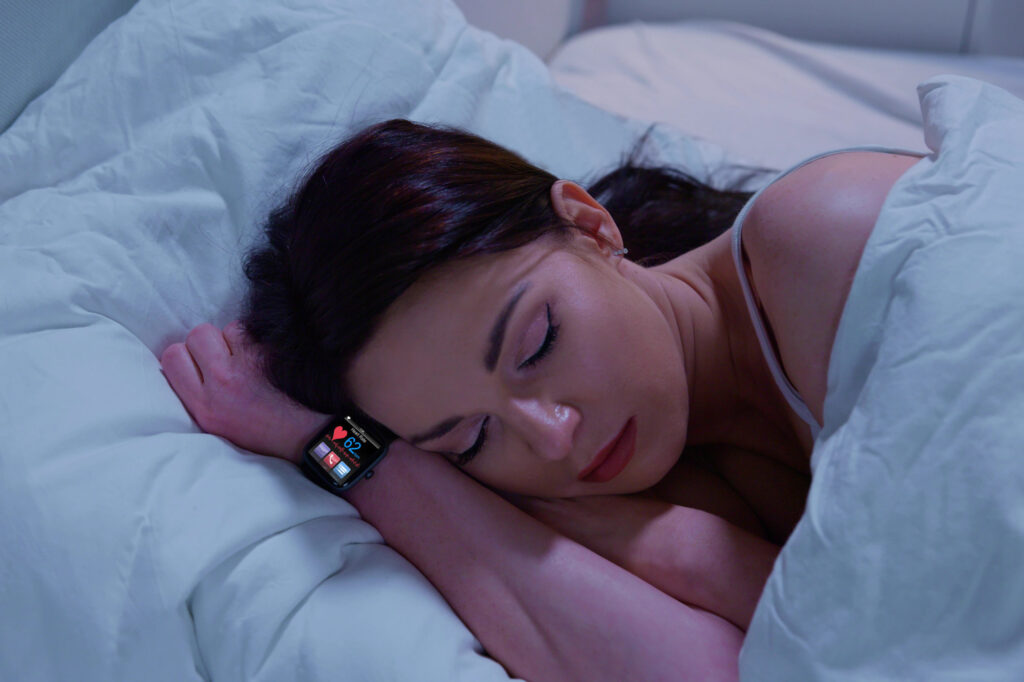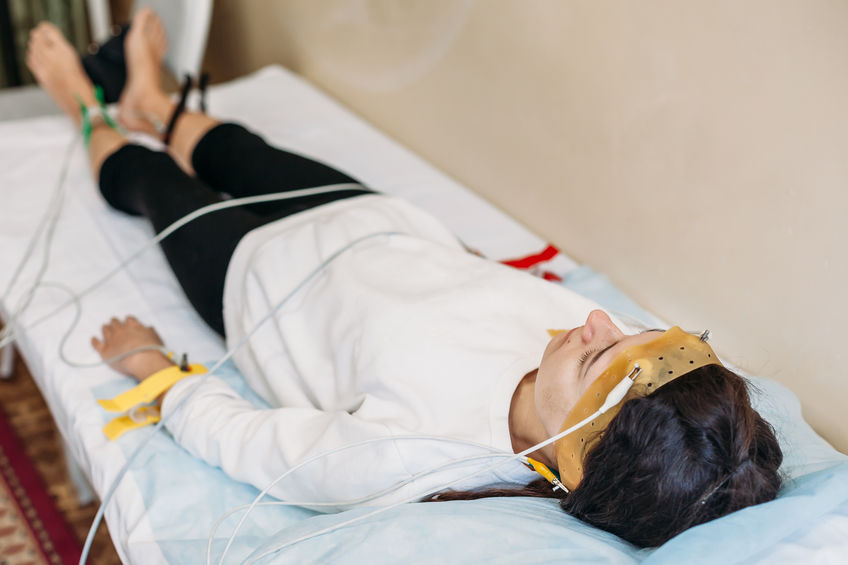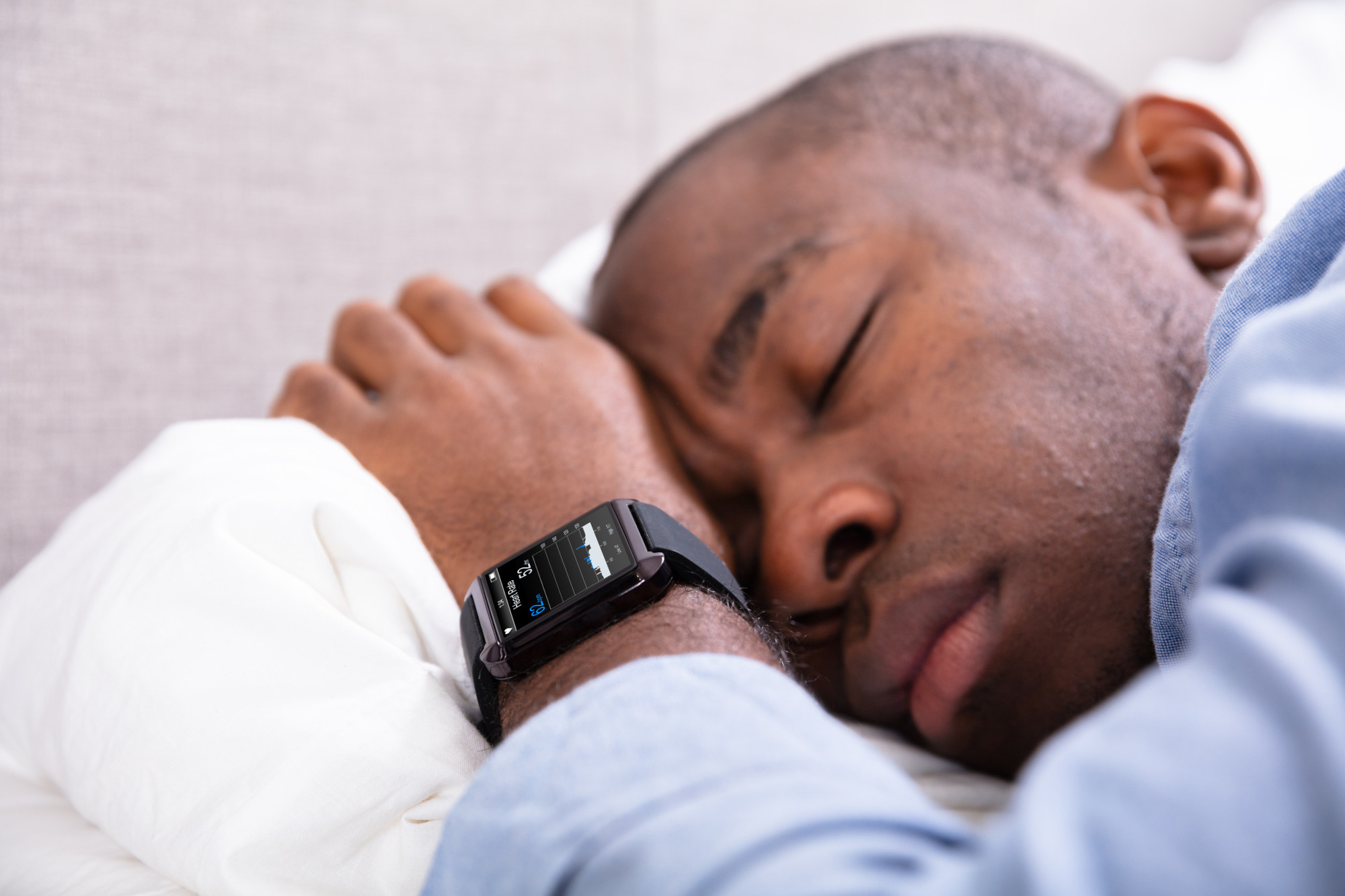Wearables, Home Sleep Testing, and the Future of Sleep Medicine in Idaho
Sleep technology is advancing rapidly. Patients today have more tools than ever to understand and improve their sleep health. Things from wearables like the Apple Watch, Oura Ring, and Whoop, have made strides in the world of Sleep. The integration of medical devices has entered a new era of accessibility and personalization. At Everything CPAP (ECPAP) and Everything Sleep Idaho (ESI), we are excited to bring these advancements closer to our patients while also launching a Direct to Patient Home Sleep Testing program. This is a local program here in Idaho with the expertise of Dr. Mark Rasmus, will expand accessibility, moving from diagnosis to receiving treatment in days not weeks.
Wearables and Sleep Tracking
For many people, the first step in exploring their sleep health begins with a wearable device. Wearable technology has expanded tenfold over the past decade, and sleep tracking is one of the sought after features. While these devices don’t replace “Medical Grade” testing, they can provide insight into patterns, trends, and nightly sleep quality. Here I’ll list a few of the more well know wearables on the market and integrations with sleep.
–Apple Watch + ResMed AirSense™ 11
One of the biggest advancements in sleep health is the integration between Apple Watch and ResMed’s AirSense™ 11 CPAP device. Through the myAir app, patients can now:
- View their CPAP therapy data (hours of use, mask seal, events per hour) directly from their wrist.
- Track sleep stages (awake, REM, Light, and Deep Sleep) alongside CPAP performance.
- Sync data into Apple Health, giving a complete picture of nightly rest, activity, and recovery trends.
This integration allows patients to see how consistent CPAP usage impacts their sleep quality. Not just the amount of hours they used the device. By making therapy data more accessible and engaging, patients are more likely to stay compliant and motivated.
-Oura Ring
The Oura Ring has become an advanced tools for tracking sleep and recovery. Unlike a wristwatch, Oura is worn as a small, lightweight ring, making it less intrusive for sleep. It’s key features include:
- Heart Rate Variability (HRV): A key measure of recovery and resilience, giving insights into how well the body manages stress.
- Temperature Trends: Subtle changes in skin temperature can highlight stress, illness, or hormonal shifts.
- Blood Oxygen Monitoring (SpO₂): Helps detect changes in oxygen levels overnight.
- Detailed Sleep Staging: Tracks REM, light, deep, and awake stages with accuracy.
For patients who want an easy and comfortable way to monitor sleep and recover that is not a bulky watch, Oura provides insights that often complements medical data.
-Whoop
Whoop is another high-performance wearable that has gained popularity, especially among athletes and health enthusiasts. Unlike most devices, Whoop is subscription-based, and it focuses on performance optimization rather than just activity. Key benefits include:
- Strain + Recovery Scoring: Whoop tracks daily exertion and gives recovery scores based on HRV, resting heart rate, and sleep quality.
- Continuous HRV Monitoring: Provides round-the-clock insights into stress and recovery
- Sleep Coach: Recommends bedtimes and needed sleep based on activity and recovery goals.
- Detailed Sleep Staging: Breaks down time in REM, slow-wave (deep), light, and awake stages.
While not diagnostic, Whoop helps users understand how lifestyle factors such as exercise, diet, alcohol, and stress impact nightly recovery.
-FitBit
As one of the most accessible and popular wearables, Fitbit has helped millions of people become more aware of their sleep. Modern Fitbit models (like the Charge series, Versa, and Sense) provide:
- Automatic Sleep Tracking: Measures duration, bedtime consistency, and awakenings.
- Sleep Stages: Estimates REM, light, and deep sleep cycles.
- Snore & Noise Detection (select models): Helps identify disruptions that may affect sleep quality.
- Sleep Profiles (Premium feature): Monthly “animal-based” sleep profiles that give users personalized insights into their sleep style.
Fitbit may not provide the depth of data that Apple, Oura or Whoop offers, but it’s affordable, widely used, and a great entry point for patients curious about their sleep.
-Withings
Withings takes a unique approach to sleep tracking by offering both wearable and non-wearable solutions:
- Withings Sleep Mat: A thin mat that slides under the mattress, tracking sleep stages, snoring, and even breathing disturbances. This option is great for patients who don’t like wearing devices at night.
- Withings Watches (ScanWatch 2, ScanWatch Light): Hybrid smartwatches with discreet designs that track sleep, HRV, ECG, SpO₂, and temperature trends.
The Withings ecosystem also integrates with Apple Health and Google Fit, making it easy for patients to track sleep trends over time without relying on a traditional smartwatch or ring.

The Bottom Line on Wearables
Wearables like Apple Watch, Oura Ring, Whoop, Fitbit, and Withings are making sleep tracking more accessible and engaging. They provide valuable lifestyle insight. However, they are not medical devices and cannot diagnose conditions like Obstructive Sleep Apnea (OSA).
That’s where Everything Sleep Idaho’s Direct to Patient Home Sleep Testing and Everything CPAP’s treatment services come in—bridging the gap between consumer technology and clinical sleep care.
Beyond Wearables: The Role of Home Sleep Testing
While wearables can give helpful insights, they cannot diagnose sleep disorders like Obstructive Sleep Apnea (OSA). That requires a clinical sleep study, known as a polysomnogram.
Traditionally, patients had two options:
- In-lab Sleep Studies – the gold standard, but often with long wait times, higher costs, and performed in hospital or outpatient environments.
- Home Sleep Testing – HST devices typically measure airflow, respiratory effort, and oxygen levels. These devices tend to be bulky and suspectable to patient error due to incorrect sensor placement or falling off during sleep. When this happens, patients will need to repeat the test.

That’s where Everything Sleep Idaho is changing the game.
Introducing Idaho’s Local Direct to Patient Home Sleep Testing Program with FDA approved Wearable Technology.
Through Everything Sleep Idaho’s program, patients in Idaho can access quicker, more reliable testing—all interpreted by local sleep physicians. Here’s why this matters:
- Faster turnaround – Our goal is to have results scored, interpreted, and sent to your medical provider within just a few days—not weeks.
- Local expertise – Testing is done here in Idaho with physicians who know the community, not through a national pipeline.
- Convenience – Patients can test in the comfort of their own homes without waiting for lengthy in-lab scheduling.
- Better care coordination – With results quickly in the provider’s hands, patients can move faster to treatment, whether that’s CPAP therapy, lifestyle changes, or further evaluation. With Everything CPAP as your local DME provider, patients who test positive for sleep apneas can move quickly into treatment without unnecessary delays.
The Future of Sleep Care
Wearables and connected devices like the Apple Watch and AirSense™ 11 are empowering patients to be more engaged with their sleep health than ever before. Combined with local, physician-led programs like Everything Sleep Idaho’s Direct to Patient Home Sleep Testing, we are helping patients move from curiosity to clinical care—faster, simpler, and with better outcomes.
If you’ve been struggling with poor sleep, daytime fatigue, or concerns about sleep apnea, now is the time to take action. Reach out to Everything CPAP or Everything Sleep Idaho to learn more about our testing and treatment options.








